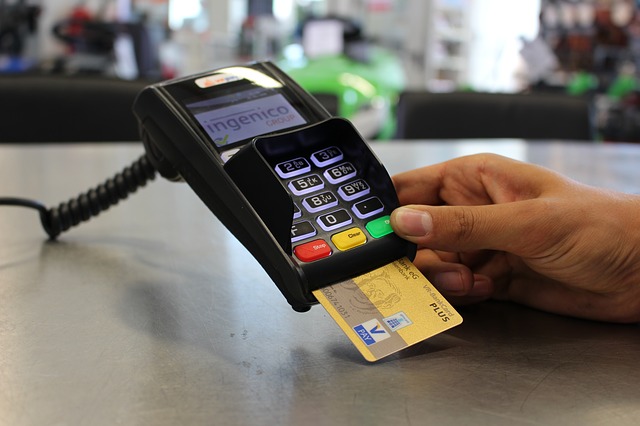ACCEPT THE PRELOVED
Until the credit statement arrives on your doorstep, you may have no idea about the money you spend on clothing and baby items. Cushion the expenses by embracing the hand-me-downs offered by friends and family members. Accept the toys, home accessories, and maternity items.
You can always donate the unnecessary items on the block’s donation drive. Doing so will not only help you declutter, but it will also help the ones in crucial need.
FILL THE PANTRY
Juggling the corporate and domestic life is challenging. Due to the limited time, you may either frequent the grocery for last-minute shopping or the nearby restaurant for take-out meals. A healthier solution is to keep a well-stock pantry. Purchase items that will last the family for at least a week.
As Holly Clegg, culinary expert and food author, once said: Think of a well-stocked pantry as a permanent shopping list. This tip will enable moms to cook more meals efficiently, timely and more affordable.”

Image Credits: pixabay.com
LEAVE YOUR MONEY
Are you planning to hangout with your buddies any time soon? Consider bringing the exact amount that you are willing to spend and leave the rest at home. Suggest affordable yet entertaining activities such as art appreciation (e.g., roaming ACM or SAM) and game night (e.g., themed dinner at someone’s home). If your girl friends insist on shopping, you will not be tempted to purchase anything that you cannot afford.
Do you really need those tempting items anyway? I do not think so!
LISTEN TO OTHERS
I can vividly recall the time I was strolling the mall with my significant other. My feet were sore due to the high-heeled shoes that I opted for. Brought by strong emotions, I would rather purchase a new shoe that I do not need than to tolerate the pain. We visited a store that I previously ignored. Then, my partner reminded me that none of the products appealed to me last time I was there. The collection did not change. “You only like this because of the momentary use and not because you will use it again”, he said. He made a fair point! I saved a decent amount of money that day.
Listen to the opinions of other people who care genuinely about your financial future. Tally your monthly savings to remind yourself and your spouse about your recent accomplishment. Use this as a motivation to go further.
GIVE THEM ALLOWANCE
A sizzling topic among Singaporean parents is whether or not children shall receive allowance at such a young age. Some parents are concerned about the wastage of money on ridiculous items, while others want to cultivate financial responsibility. Bekah Jorgensen (blogger of Mother Moment) highlights the advantage of giving an allowance as it “sets a policy that if they want something that isn’t a need, they buy it themselves or wait for the next gift-giving holiday.” Children are empowered to save their money to buy what they want.
Furthermore, it avoids the embarassing tantrums in store and the impulse purchases that comes with it.
PROTECT YOUR INDIVIDUALITY
Who knew that you will become a devoted mom further down the road? Well, life is unpredictable. You will never know which turns will come next. You just have to make the most out of what you have and exhaust all your resources. Speaking of resources, it is best to keep your own personal account. This account will help maintain your financial autonomy and support your spouse’s credit history.

Image Credits: pixabay.com
For significant commitments such as a car or a flat, you will have to work together to pay the loans. Having two streams of account will help speed up the process.











